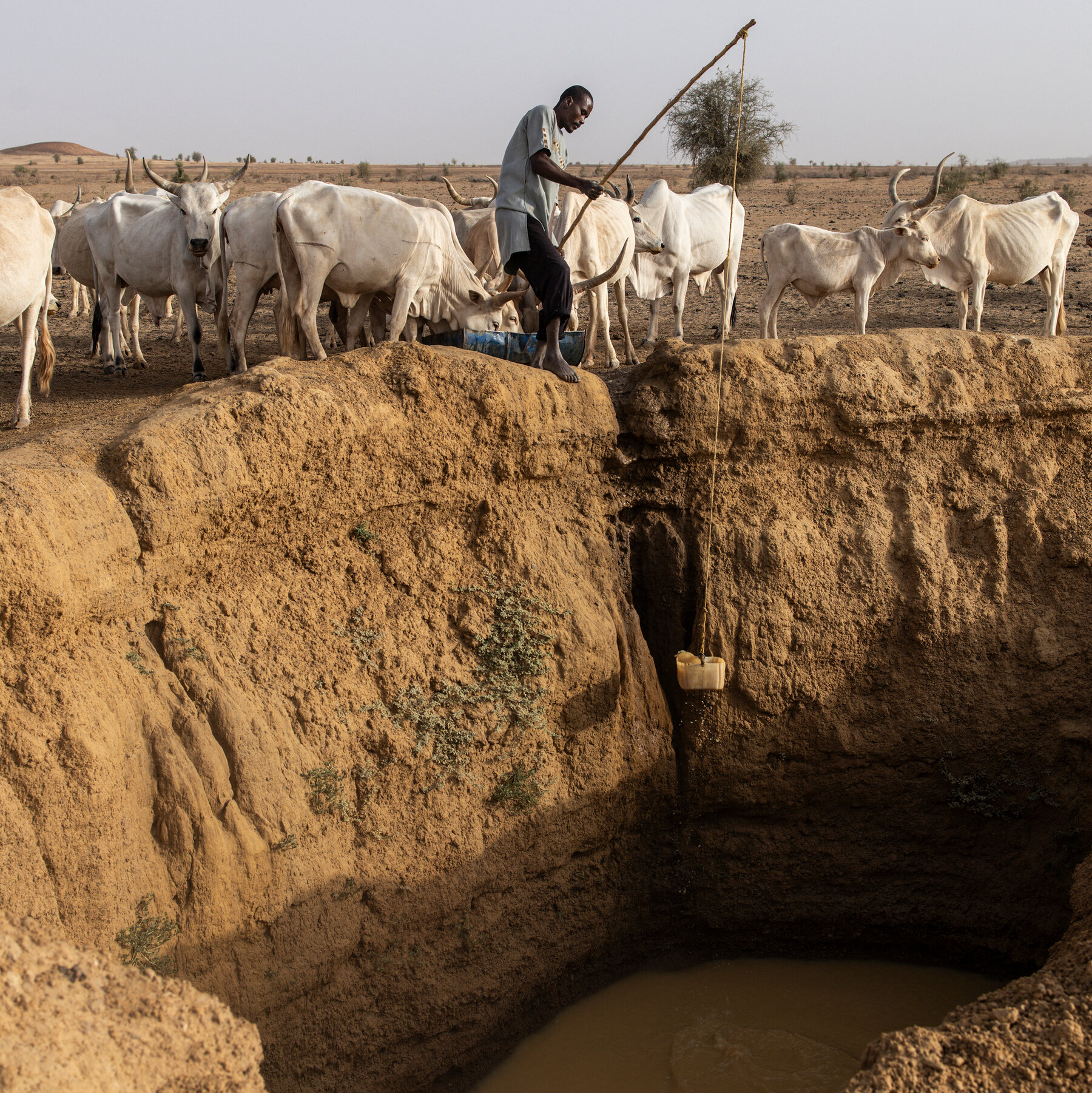Science
Global Climate Funding Declines as Rich Nations Fall Short

A recent report from the United Nations (U.N.) highlights a troubling trend: funding designated to assist developing nations in adapting to climate change is on the decline. The report indicates that rich countries are unlikely to meet their commitment to provide $100 billion annually by 2025, a target originally set during the COP26 climate summit in 2021.
The findings reveal that while financial support was anticipated to increase, many wealthy nations are struggling to deliver on their promises. This shortfall poses significant challenges for poorer countries that are grappling with the immediate impacts of climate disasters. These nations often lack the resources to effectively manage and respond to extreme weather events, which are becoming more frequent and severe due to climate change.
The Green Climate Fund, established to support projects aimed at reducing emissions and adapting to climate impacts, has seen a notable decrease in contributions. Since its inception, the fund has faced difficulties in securing consistent financial backing from developed countries. According to the U.N., the gap in funding is particularly concerning as developing nations require urgent assistance to enhance their resilience against climate threats.
Challenges in Meeting Financial Commitments
The U.N. report underscores the disparity between the commitments made by wealthier nations and the reality on the ground. At the G7 summit, leaders reiterated their commitment to support climate action in developing countries. However, the latest figures indicate that actual funding levels fall significantly short of the pledged amounts.
In response to the growing crisis, many developing countries are calling for more robust and reliable funding mechanisms. They emphasize the need for immediate action, as the ongoing effects of climate change continue to exacerbate existing vulnerabilities. A failure to address these challenges not only threatens the livelihoods of millions but also undermines global efforts to combat climate change comprehensively.
The report further highlights the importance of transparency and accountability in climate financing. Without clear reporting and monitoring systems, it becomes challenging to assess the effectiveness of funds allocated for climate adaptation. The U.N. advocates for improved collaboration between donor countries and recipient nations to ensure that resources are utilized effectively and reach those who need them most.
The Path Forward
Looking ahead, the international community faces a critical juncture. As climate disasters become increasingly common, the need for decisive action is more pressing than ever. The U.N. emphasizes that fulfilling financial commitments is essential not only for the well-being of developing nations but also for the health of the planet as a whole.
It is vital for richer countries to reassess their funding strategies and ensure that adequate resources are allocated to support climate adaptation efforts. The success of global climate initiatives hinges on the ability of nations to work together and uphold their commitments. The consequences of inaction could threaten both economic stability and environmental sustainability for generations to come.
As discussions continue at international forums, the urgency for increased climate financing remains paramount. The world must respond decisively to the challenges posed by climate change, ensuring that no country is left behind in the pursuit of a sustainable future.
-

 World2 weeks ago
World2 weeks agoGlobal Air Forces Ranked by Annual Defense Budgets in 2025
-

 World2 weeks ago
World2 weeks agoMass Production of F-35 Fighter Jet Drives Down Costs
-

 Top Stories2 weeks ago
Top Stories2 weeks agoNew ‘Star Trek: Voyager’ Game Demo Released, Players Test Limits
-

 Top Stories2 weeks ago
Top Stories2 weeks agoDirecTV to Launch AI-Driven Ads with User Likenesses in 2026
-

 Science2 weeks ago
Science2 weeks agoTime Crystals Revolutionize Quantum Computing Potential
-

 World2 weeks ago
World2 weeks agoElectrification Challenges Demand Advanced Multiphysics Modeling
-

 Lifestyle2 weeks ago
Lifestyle2 weeks agoLia Thomas Honored with ‘Voice of Inspiration’ Award at Dodgers Event
-

 Entertainment2 weeks ago
Entertainment2 weeks agoFreeport Art Gallery Transforms Waste into Creative Masterpieces
-

 Lifestyle2 weeks ago
Lifestyle2 weeks agoDiscover Reese Witherspoon’s Chic Dining Room Style for Under $25
-

 Health2 weeks ago
Health2 weeks agoGavin Newsom Critiques Trump’s Health and National Guard Plans
-

 Entertainment2 weeks ago
Entertainment2 weeks agoFast & Furious Coaster Hits the Track at Universal Studios
-

 Health2 weeks ago
Health2 weeks agoResearchers Uncover New Insights into Cancer Mortality Causes









